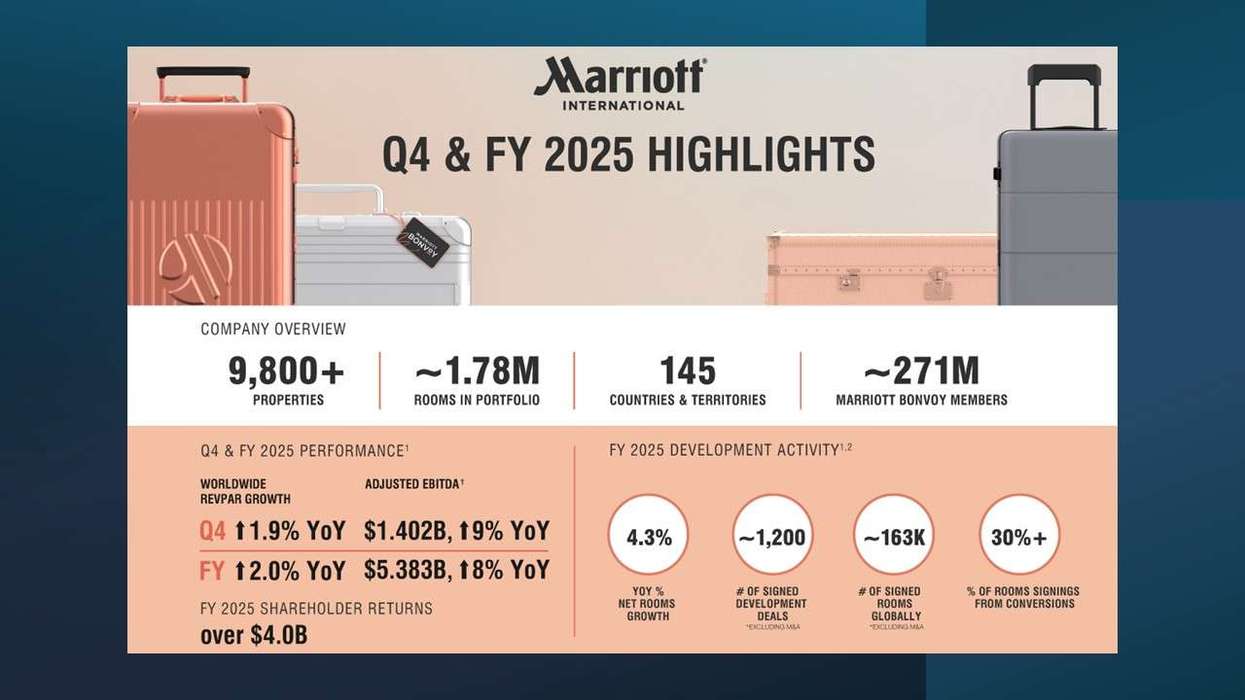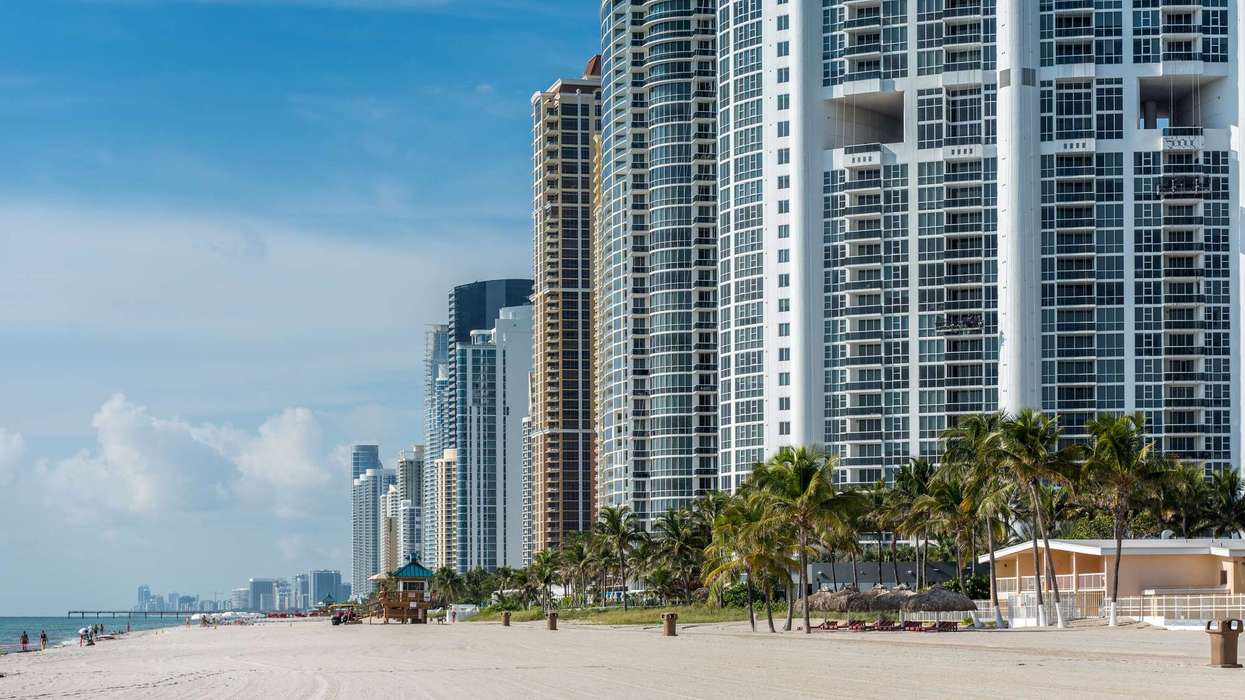HOTEL INVESTMENT ADVISORS The Highland Group has presented further evidence of the downturn-resistant nature of extended-stay hotels, especially in the economy segment. The group’s “U.S. Extended-Stay Lodging Bulletin: March 2020” showed that, while extended-stay hotels still saw RevPAR declines for the month resulting from the COVID-19 pandemic, they were much lower than the overall hotel industry.
Extended-stay hotels’ RevPAR dropped 38.2 percent in March compared to 51.9 percent for the overall hotel industry, The Highland Group report said citing numbers from STR. Economy ES brands saw a 9.1 percent drop, midscale went down 32.4 percent and upscale was the hardest hit with a 45.4 percent loss.
“Extended-stay hotels, especially the economy segment, should continue to demonstrate RevPar loss resilience during the foreseeable future,” said Mark Skinner, a partner at The Highland Group.
That isn’t news for Nancy Patel, owner of a Knights Inn in Corpus Christi, Texas.
“I should say as an economy branded hotel, we are doing a lot better than others,” she said.
Her overall business is still much lower than it would usually be in March, with around $80,000 in revenue for the month this year compared to $138,000 last March. Still, she is still renting rooms.
“I’m seeing a lot of workers. Construction workers are coming to work in the refinery or work in the area, or they have a small project that they’re doing for a week or two,” she said. “So, we have weekly stays. We try to rent more to the essential workers. They have a purpose.”
While some extended-stay hotels closed, consequently reducing the room nights available compared to last year, the closings were mostly in higher chain segments.
“The economy segment reported higher room nights available compared to March 2019,” the report said. “Relatively few of these hotels have closed as they are incurring markedly lower revenue loss than either midprice or upscale extended-stay hotels.”
The Highland Group should have more extended-stay hotel performance data in early May when it releases its First Quarter 2020 report.
Previously, OYO Hotels reported seeing an increase in long-term stays at its U.S. locations.





